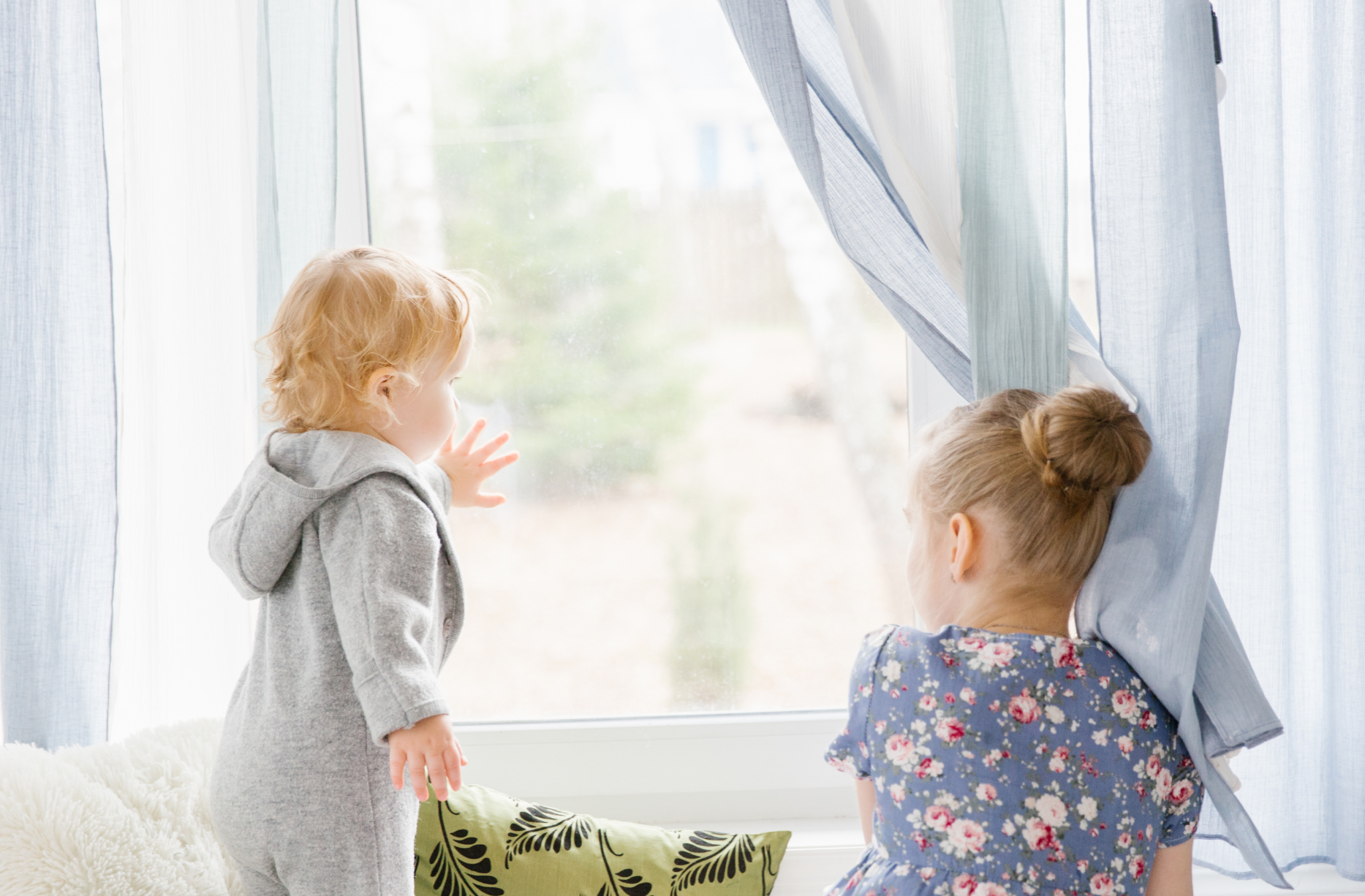The Benefits of Boredom in Children: Why Stillness Fuels Growth
By Dr. Punam Rana MD MSc • Physician, Meditation Teacher & Mother of Four

As parents, we often feel pressure to keep our children constantly engaged. But what if boredom—something we usually rush to fix—is actually vital to their development? What if moments of stillness could be the secret to growing a healthy, resilient mind?In this post, I’ll explore why boredom is not just okay, but essential for children—and for us adults too.
Cultivating Creativity
When kids are constantly entertained, there’s little space for their imagination to flourish. Boredom opens the door to creativity—it invites the mind to wander, play, and build something new from nothing. Unstructured time gives children the freedom to invent, explore, and solve problems in original ways.
Cognitive Benefits of Boredom
Boredom strengthens the brain. It nurtures executive function—skills like attention control, working memory, and self-regulation. Without external stimulation, kids must entertain themselves, flexing mental muscles that grow problem-solving and imaginative thinking.
Building Resilience
Boredom teaches children to sit with discomfort—emotions they might otherwise ignore through distraction. When they learn to face those feelings, they also learn patience, emotional regulation, and adaptability. These are lifelong tools for resilience.
A Pathway to Mindfulness and Self-Awareness
Stillness invites introspection. Without constant distraction, children can notice their emotions and reflect on their thoughts and desires. These quiet moments help develop a stronger sense of self and a more grounded emotional foundation.
Restoring Emotional and Mental Well-being
Children, like adults, need downtime. Boredom is a pause—a break from overstimulation that allows the mind and body to reset. This rest is essential for emotional balance, mental clarity, and sustained focus when challenges arise.
How to Nurture Creativity Through Boredom
- Embrace the complaint: When your child says, “I’m bored,” respond with enthusiasm. “That’s great! Let’s see where your imagination takes you.”
- Get curious: Ask, “What’s on your mind right now?” You may uncover deeper feelings that they’re working through.
- Encourage storytelling: Ask, “If you could do anything—real or imaginary—what would it be?” Share your own whimsical ideas to spark theirs.
- Make a dream list: Create a “things I want to do” list together. Review and start making small plans to bring those dreams to life.
Final Thoughts
By allowing our children space to be bored, we offer them the gift of self-discovery, creativity, and emotional strength. Boredom is not a failure of parenting—it’s a doorway to growth. Let’s stop filling every gap and instead trust in our children’s ability to explore, imagine, and thrive.
Note: This blog is for educational purposes and not a substitute for professional advice. If you have concerns about your child’s well-being, consult a qualified healthcare provider.



